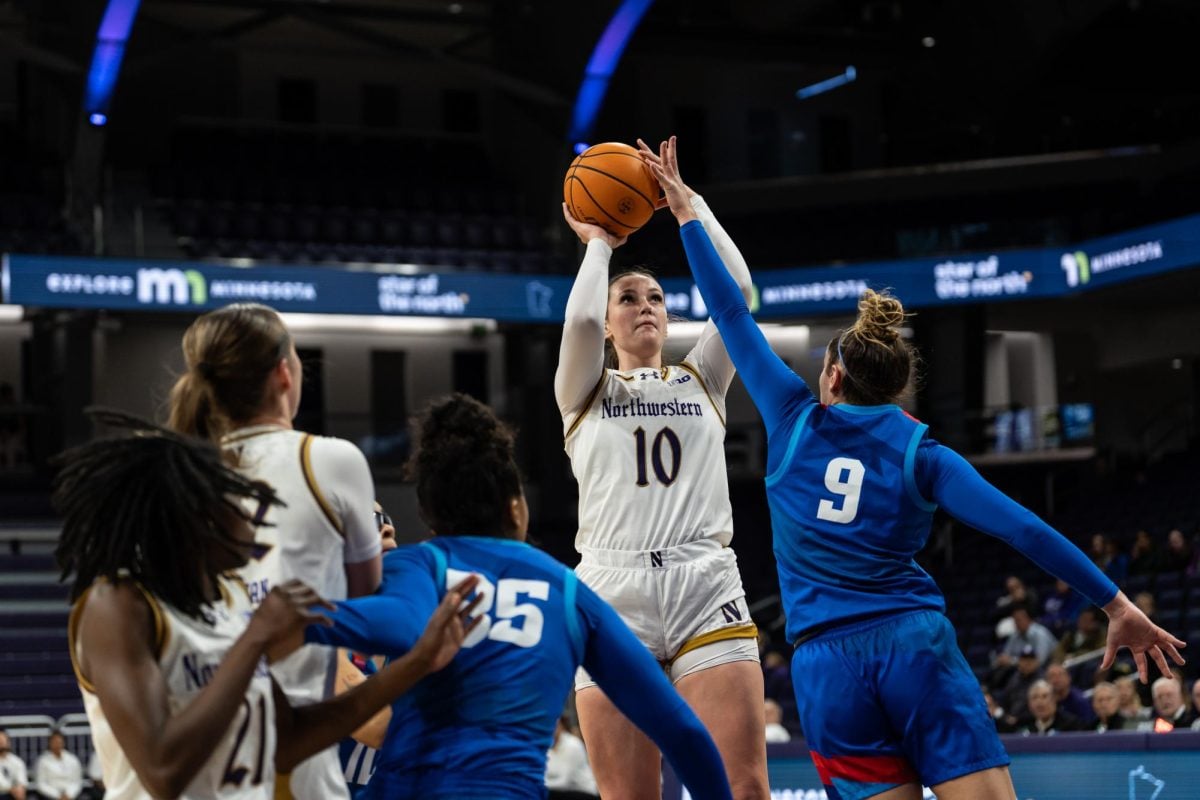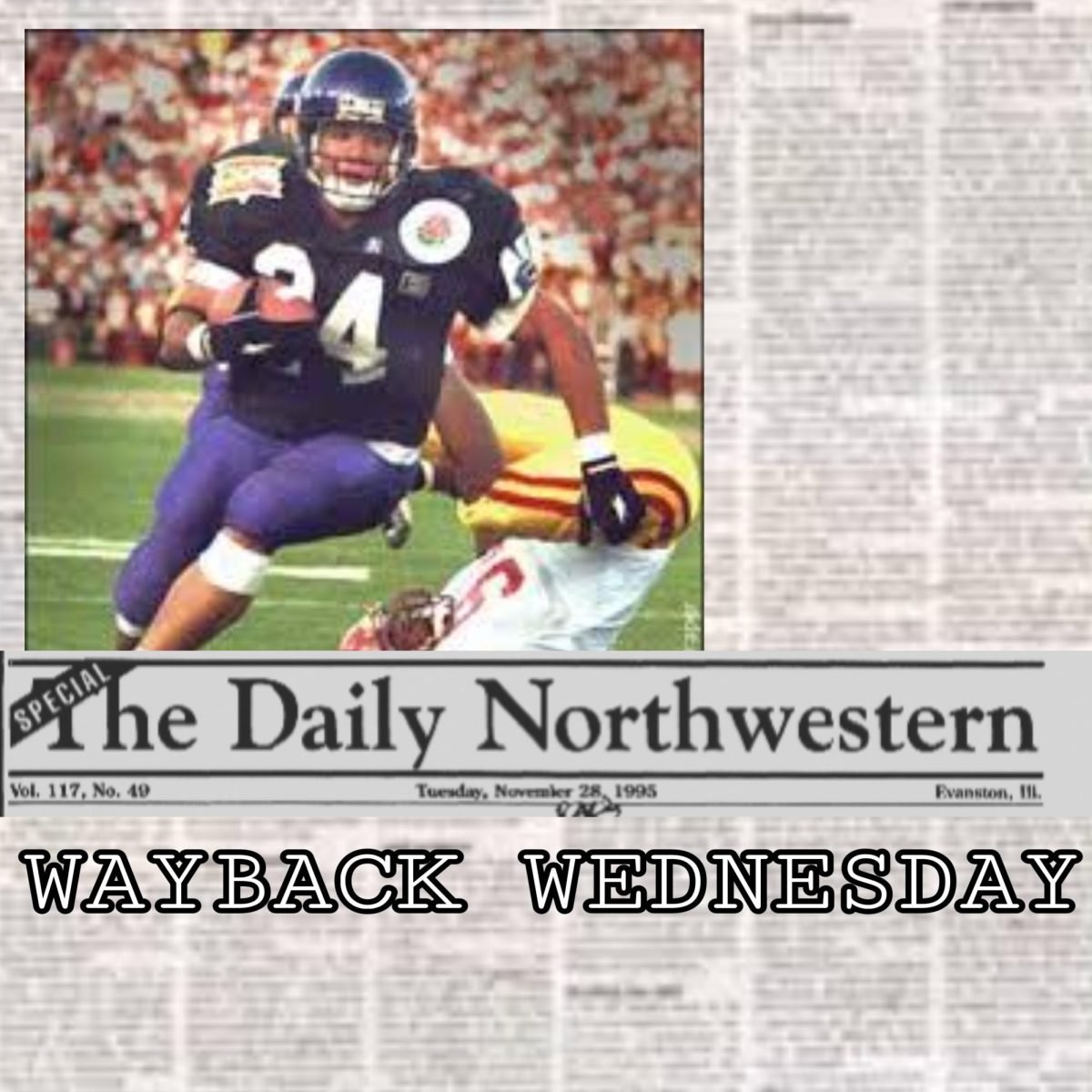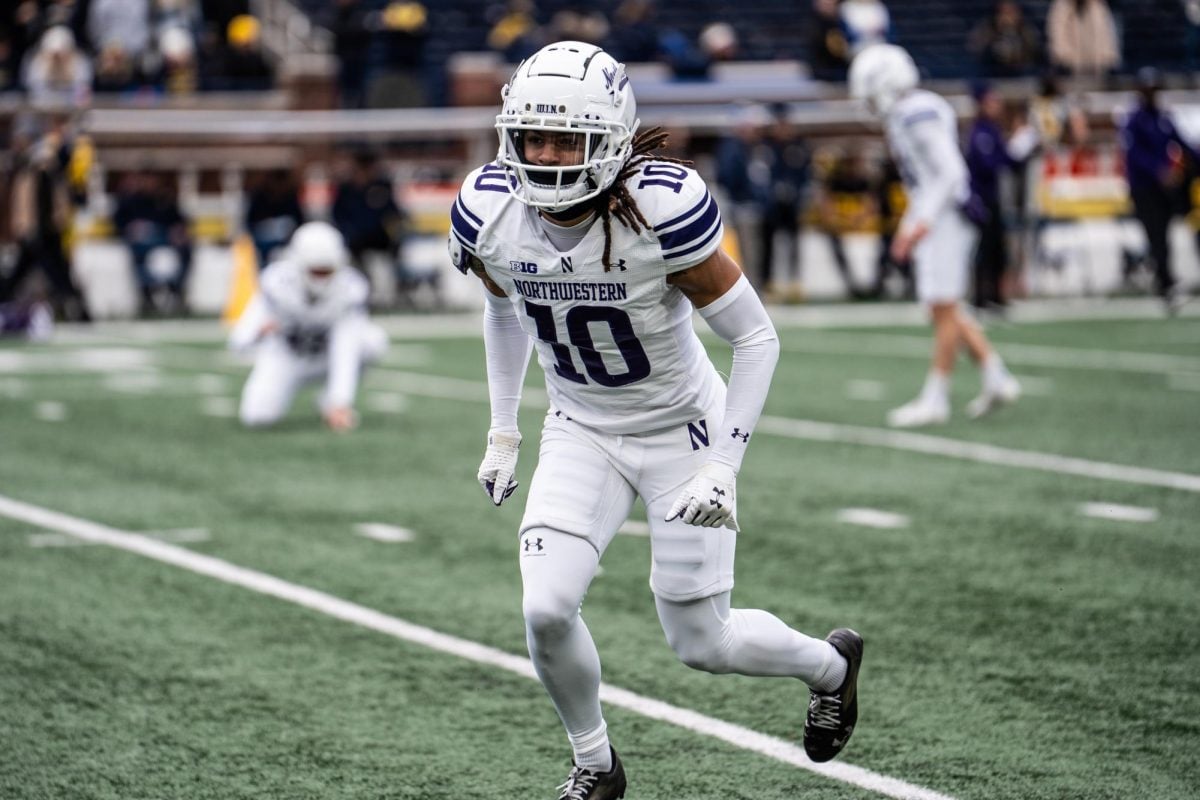Urban Meyer won 104 college football games in a 10-year period. He won four BCS bowl games, including two national championship games.
Yet at the age of 46, Meyer stepped away from college football to spend more time with his family. Just one year earlier, the coach announced he would retire after being sent to the hospital with chest pains after his Florida squad lost to Alabama in the SEC Championship game. The then-45-year old unretired a couple of days later.
Meyer is not the only coach who has had health issues in the last two years. Michigan State’s Mark Dantonio missed two games, and coached in the press box for two more, after suffering a heart attack following a Sept. 2010 game. Minnesota’s Jerry Kill missed a couple of days of practice after having a seizure in the final seconds of the Golden Gophers’ game on Sept. 10.
There is a tremendous amount of stress that comes with being a college football head coach, but how it affects someone depends on his outlook. Northwestern’s Pat Fitzgerald said he doesn’t see the job as stressful, but as a great opportunity.
“I don’t feel any stress on the job,” Fitzgerald said. “I have a tremendous blessing and a great role and a responsibility to help our guys grow. I’m not a guy who really gets too stressed out. If you’re prepared properly, there is no pressure.”
Other Big Ten coaches echoed what Fitzgerald said, saying coaching football is just like any other job. Kill said the pressure that comes with coaching isn’t specific to the job.
“Whatever you decide to do in life, if you want to do it well there’s always going to be stress and pressure,” Kill said. “It comes with the territory.”
A day in the life of an FBS coach
A Football Bowl Subdivision head coach has a lot on his plate every day, both on and off the field. Practice, recruiting and film study get mixed with the administrative side of college football to create a crazy concoction of pressure. Dantonio talked about some of the different aspects of stress.
“There’s stresses in terms of the physical work that you do,” Dantonio said. “You’re working 80-plus hours a week. You don’t have a day off, so there’s no relief really. Mentally, you’re dealing with injuries (and) you’re dealing with things that sometimes you have no control over.”
The stress on the field is doubled by all the chaos that surrounds college football off the field. Iowa coach Kirk Ferentz said coaching football has the same common pressure and stress as every other job, with one exception.
“The one obvious difference between our jobs and many is our work is out there a little bit more to be discussed or critiqued,” Ferentz said.
There are many ways to handle the stress of the job, and many coaches turn to exercise. NU linebackers coach Randy Bates said one of the ways he releases his stress is through morning practices, when he runs with and yells at his players.
“I try to work out and come to practice and run and scream and yell,”Bates said. “It takes care of a lot of (the stress), so by the time I’m done with practice and eat, I’m relaxed and ready to watch the tape.”
Bates was critical of how other coaches let their bodies go astray. He said those coaches that run into health issues work too much most of the time and don’t promote healthfulness around the office.
“A lot of coaches don’t spend time taking care of their body,” Bates said. “They just work and work and are workaholics, and that’s why I think people have problems. I’ve seen some places where they could care less (about the health of coaches), and that’s why I’ve been (at NU) six years.”
On the rebound
After a major health scare, change is almost a given, except when it comes to college football. Both Dantonio and Kill said nothing significant has changed since each had his health issue.
“You got to get the job done,” Kill said. “You work and you move along and do whatever the doctors tell you you need to do. But it usually doesn’t change your work schedule, not when you coach college football.”
Dantonio took a slightly different approach than Kill. He said the hours can’t change because there is still a lot of work to do to prepare each week, but he does take more personal time than before.
“I do take time for myself to exercise every day, ” Dantonio said. “I do feel like I get away from (the offices) a little bit more. When I leave here, I leave here, (and) I don’t take (work) home.”
While Dantonio has not had any complications after his heart attack, Kill has been dealing with seizures for almost the entire season. Kill had almost 20 seizures between the Sept. 10 game and Sept. 25, when he checked himself into the Mayo Clinic in Rochester, Minn., to get additional treatment. Kill told the Associated Press on Sept. 28 he doesn’t have the luxury of time during the football season to get everything fully checked out.
“I’m in a position where right now I can’t take two weeks off,” Kill said. “I can’t take three weeks off. First of all, Minnesota hired me to turn a program around… That’s what I’m trying to do. And I can’t do it not being here.”
Kill is no stranger to fighting through midseason health issues. He was given three months to live in Oct. 2005 when he was diagnosed with kidney cancer while coaching at Southern Illinois. Although doctors suggested he have surgery immediately to stop the cancer from spreading, Kill postponed surgery until after the season. The cancer is still in remission.
Kill’s most recent seizure episode happened on Minnesota’s flight back after its loss to NU on Saturday. Kill said he did not know about the incident until after he was back home, because he was sleeping on the plane. He insisted it was a non-issue and said he was going to see a recruit the following day before beginning his preparations for Minnesota’s upcoming game against Illinois on Saturday.
The Walker way
NU has experienced first-hand the tragedy of losing a coach prematurely. In 2006, Randy Walker passed away from an apparent heart attack, which was related to a heart virus that he was diagnosed with two years earlier. The 52-year-old coach was a pretty healthy man, according to his widow Tammy. Tammy Walker said her husband exercised regularly and was conscious of what he ate.
“He took very good care of himself,” Walker said. “He ran every day until he got a little older and then he started walking. He walked the dog twice a day at least. He had lifted as a younger person, but he watched what he ate and things like that.”
Fitzgerald practices many of the same techniques Walker used to stay healthy amidst all the stress and chaos.
Fitzgerald pointed to his commitment to his players as motivation for him to try to stay healthy and sane. He said this mindset signals to him when it’s time to leave get rest before the next day’s activities.
“I try to eat as healthy as I can,” Fitzgerald said. “I try to run about four or five times a week and go out and get my cardio in. I try to be as active as I can in practice. When you have that people-centered approach, I think you understand when it’s time to go home. You can sit there and guard your desk, but more importantly I think it’s important you’re fresh for your guys to show up the next morning and give them a plan and coach them up.”
The hardships of head coaching also apply to the assistants. The assistants work the same hours as the head coach, but get less attention. Fitzgerald is conscious about how much work his staff does, and he said he makes sure they don’t overwork themselves.
NU defensive coordinator Mike Hankwitz has worked as an assistant in college football for 41 years. He said there are some coaches who are excellent at making sure their assistants are healthy and
some coaches who leave that onus on their assistants.
“I’ve met other coaches that felt like that was critical, too,” Hankwitz said. “But Fitz does a great job with it. He’s conscious of the hours we’re putting in. Sometimes he’ll come in and tell us to leave at 9 o’clock instead of 10:30 at night. He reminds us to make sure we get up and take a mental break or get some exercise. I’ve had other coaches do it too, but he may do it to a little more extent.”
Fitzgerald said it’s important that he doesn’t ask too much of his assistants because the staff needs to be mentally sharp come November, when everything is on the line. Physically, the coaching staff needs to be fresh enough to coach, and that the balance between work and personal life is key to NU’s success, Fitzgerald said.
“I think it’s critically important that you have that kind of balance,” Fitzgerald said. “I’ve watched a lot of coaches use football as an excuse for not being a great father or a great husband, and it’s just not our model here.”
Family first
One thing that helps coaches manage their stress is their family. Like Walker, Fitzgerald believes in the importance of family in his life, and he has made his job a family affair. He also follows in the late coach’s tradition of bringing his children to practices and games. Fitzgerald’s three sons are constant fixtures in NU’s football offices.
Fitzgerald promotes this idea by bringing one of his sons to every road game. He said he feels lucky to be working for people that allow him to combine his family and work into one.
“(Athletic Director) Jim Phillips and our administration are gracious enough to allow me to take one of the kids with me to each game,” Fitzgerald said. “It gives you a chance to spend something special that maybe a lot of dads don’t get to do.”
A coach’s wife is another integral part in keeping a coach relaxed. Although a coach can’t commit to his family as much as he would like, his wife makes sure the household stays afloat.
Bates said the key to managing the work-family balance is to have a “really strong wife who can take care of the family.”
Walker said the toughest thing about being the wife of a football coach is having as much family time. She said Randy Walker was very successful in balancing his work and family, but the time apart was the biggest issue.
“The biggest downfall was the time away from each other,” Tammy Walker said. “He didn’t have free time hardly at all. They miss a lot of the things their kids do so they have to work real hard at getting their schedule fixed as much as they can so they can do family things every now and again. And of course all the household responsibilities from August to January fall on the coach’s wife.”
Hankwitz said a way that he controls stress is keeping things in perspective. He said Fitzgerald does a good job with that for the assistants as well, mentioning Fitzgerald’s emphasis on making sure the coaches don’t dwell on a bad game or a loss and instead try to take lessons away from such games.
Randy Walker’s lifestyle has permeated the mindset of Fitzgerald and his staff. Tammy Walker said her husband did not go into meetings for the sake of going into meetings; rather, he tried to create as much room for his family as possible.
“One of the things that helps, which was true of my husband too, is that Coach Fitz knows that the family is important and that time with his kids is important,” Walker said. “They work hard and they work a lot of hours, but (Fitzgerald)’s not the type that’s just working to be working because he realizes that his family is important and there are other things in life besides just coaching football.”
Fitzgerald said there are many excuses coaches make for not staying healthy, but it is one of the most important aspects of being a college football coach.
“You’ve got to take care of yourself,” Fitzgerald said. “If you don’t, the game will just grind you up.”






